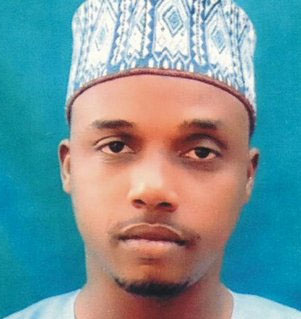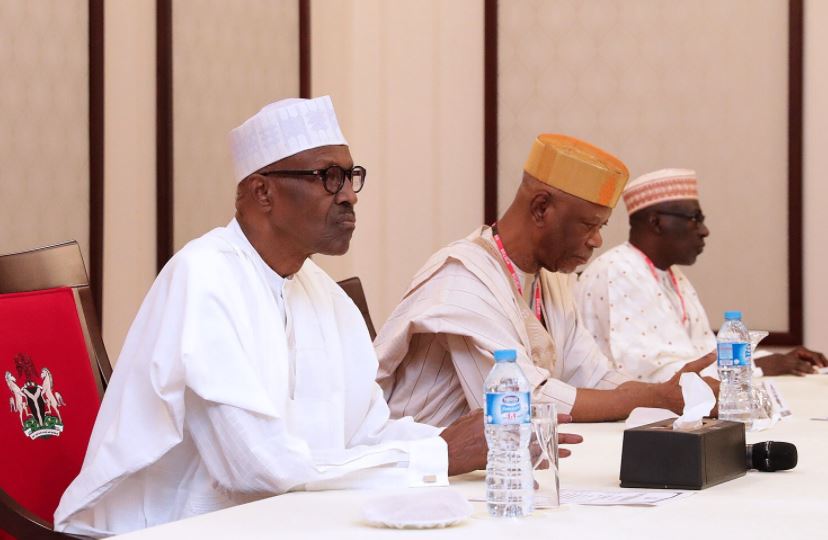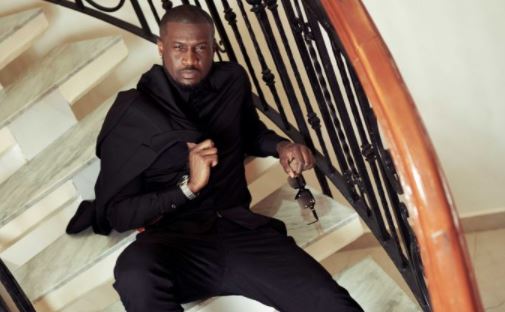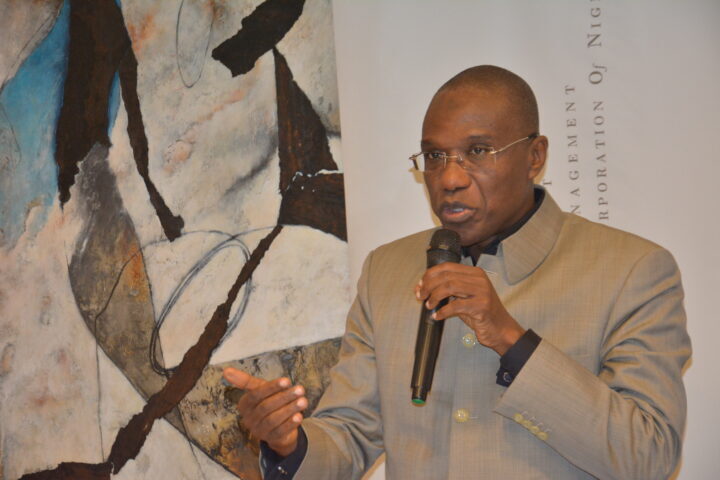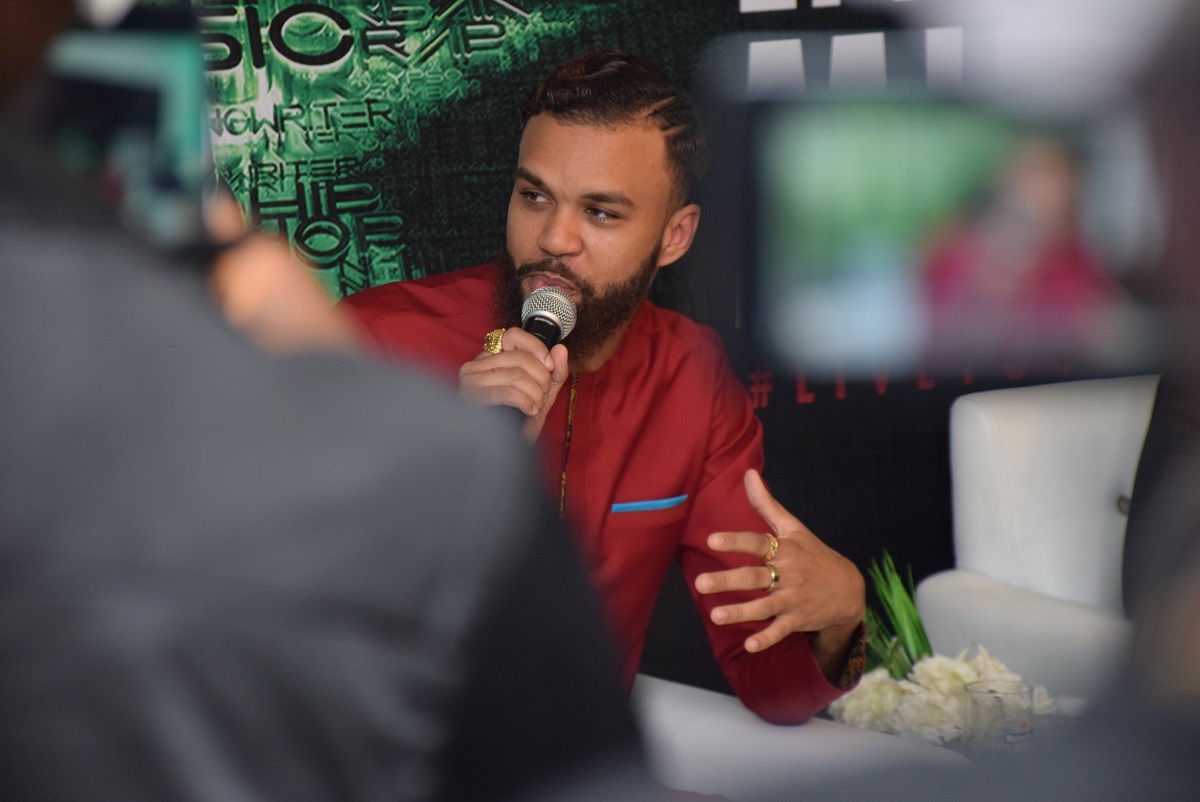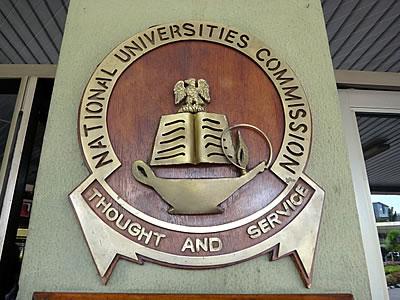BY AMIR ABDULAZEEZ
This week, the news of an alleged secret recruitment process by the Federal Inland Revenue Service broke out. According to the news, FIRS was sending text messages to some privileged individuals inviting them to a certain location for interview and possible appointment. Just as the news went viral, I came across an appeal by a concerned citizen on Twitter copying the handles of the organization in question, that of the Nigerian Senate, House of Representatives, the presidency and a host of others. Here was my thought and reply to the appeal; why petition people without whose open or silent approval such a thing can never happen or perhaps those whose candidates are most certainly the beneficiaries of this kind of recruitments, if not this same exercise in question.
Now, the question is not about FIRS, CBN, NNPC, DSS and other Federal Government parastatals allegedly conducting secret recruitments targeted at few privileged Nigerians to the detriment of the less (or non) privileged, it is about it happening in the government of (or which supposed to be of) change supervised by a party promising a fundamental difference and a leader whose credentials have always been about integrity, honesty and justice. One thing, I personally expected to see but have since given up on seeing in Buhari’s Nigeria was a united country driven by justice and fairness for all; at all levels and in all matters. Nigeria becoming a society of equity and justice is once again elusive.
One fundamental political manoeuvre that the ruling APC appear to have succeeded in executing is convincing (or may be bullying) many Nigerians into accepting their submission of only promising to tackle corruption, insecurity and the economy. Lest we forget, the APC was a merger of political parties who spent their whole lives claiming everything was wrong with Nigeria because of PDP. The APC itself spent between 2013 to 2015 telling us how everything is wrong and how, if elected, they will fix them. Their well packaged all-encompassing campaign promises which they never disowned until weeks after the commencement of their tenure are well documented.
Advertisement
This was the first basic (mis)step the APC Government took in disappointing Nigerians. Considering the disastrous past which the PDP represented, it was easy to forgive APC and give it more time to achieve its mandate until it gradually and lately proved that it cannot. Let us for the sake of analysis briefly focus on anti-corruption, which is the APC’s national anthem; tackling insecurity, which is what primary aided the party to power and fixing the economy which is the most tricky of all.
While anti-corruption is what President Buhari has emphasized the most, it is also the issue in which he had critically and decisively failed the most so far. Nothing captures this more adequately than the Punch’s editorial of 24th October, 2017 titled ‘Maina: The Audacity of corruption’.
Read some abridged sections from the editorial “There has been a serial condoning of corruption when it comes close to home. The Chief of Army Staff, Yusuf Buratai, and Dambazau were alleged to have acquired unexplained wealth, as was his controversial Chief of Staff, Abba Kyari. He brushed these aside just as he initially ignored allegations of corruption against the SGF, Babachir Lawal. Even after eventually suspending Lawal and receiving a separate probe report of a presidential three-man panel, Buhari has sat on the report.
Advertisement
When Abdulmumuni Jibrin blew the lid on how budgets had been padded by billions of naira to corruptly enrich lawmakers, even confessing to being a beneficiary, the government failed to move against the House Leadership thus missing a golden opportunity to break a system that enables lawmakers to annually cream off up to N100 billion through the notorious constituency projects scam in the lower chamber.
Corruption was on the march again when Senator Isah Misau recently accused the IG of Police, Ibrahim Idris, publicly of failing to account for over N10 billion monthly earned from special security postings, among others. Again, instead of using this lead to resolve the contentious issue of over 100,000 policemen being assigned to individuals and corporate bodies and the monies levied on them, the Attorney-General of the Federation, Abubakar Malami, curiously filed criminal charges against Misau.”
With all these and other incidences, we can effectively assert that President Buhari’s fight against corrupt individuals who mostly served in the immediate past government is still alive, but his anti-corruption war is effectively dead. This is where he lost the most significant part of his goodwill and can be said to have unfortunately and needlessly proven many of his critics right.
On insecurity, one can give the Buhari administration a big commendation for decimating Boko Haram amidst sustained and determined efforts to completely crush it, which will understandably take some time. However, the same cannot be said of other equally disturbing security threats like kidnapping, herdsmen killings, armed robbery, religious and ethnic crises, etc. How the government handled (and continue to handle) the Shiite crisis in Zaria two years ago and the Biafran secessionist insurgence, coupled with its inadequate response to senseless herdsmen and communal killings which had seen no one brought to justice so far, has worsened the deep suspicion and cold relationship that existed between the Nigerian security architecture and the citizens. Nigerians today are generally just as unsafe as they had ever been and the efforts to finding the lasting solutions to our security problems are as inadequate as they had ever been.
Advertisement
One area which you may find it difficult to categorically score the APC government is the economy. One thing that is undeniable though is that, whether justifiably or not, there is no economy in recent history in which the common man has suffered like this current one. Though, the APC’s theory of previous mess being mainly responsible for nearly collapsing the economy and reform efforts making the suffering inevitable is largely acceptable, but the question of its inadequate role towards improving it is very much in place.
The government have made giant strides with its social investment programmes; their sustainability and impact on the economy especially in the long run is something we cannot ascertain yet. The government’s claim of making significant progress in diversifying the economy is still somewhat vague. We have seen some states make noticeable progress in agriculture, we have also seen the fruits of the Federal Government’s determined interventions in resolving catastrophic salary issues, we have seen power supply relatively improving but not stabilizing, etc. However, we see big ambitious national budgets without diligent implementation. We are yet to see the successful progression of any of the critical infrastructure the government have been talking about, especially the ones in the transport sector. Perhaps, this is the one area we can give the APC some time before judging.
At the end of whatever analysis, Nigerians are largely disappointed openly; even those who are pretending not to be, are disturbed deep inside them, particularly about recent developments. Nobody expected many of these things to happen under Buhari’s watch and no excuse will suffice. This is by far the most tolerated government whose response to people’s expectations has always been a demand for more time, patience and understanding with little to show for it. Buhari was considered by many to be the last bus stop to turn around things, now people are uncertain of what to do next. We are in a season of dashed hopes.
With the high expectations they made Nigerians to have, the APC cannot demand that we judge them with average standards. After apparently not learning from the past, they do not deserve to get away with all these disappointments and dashed hopes. When PDP started misbehaving and Nigerians were reluctant, they gained more and more courage until they devised fraudulent means of remaining in power in spite of Nigerian’s efforts to remove them. We should ponder on the possibility of the APC following suit.
Advertisement
Though we have had so many cross carpeting of individual members that had almost collapsed them into one, but at the moment, the fundamental difference between PDP and APC is that, one had enough time to metamorphose into a notorious impunity machine, while the other is still pretending as if all is well, and the real tragedy of 2019 is that both may be the only options for Nigerians to choose from.
Follow Abdulazeez on Twitter: @AmirAbdulazeez
Advertisement
Add a comment
